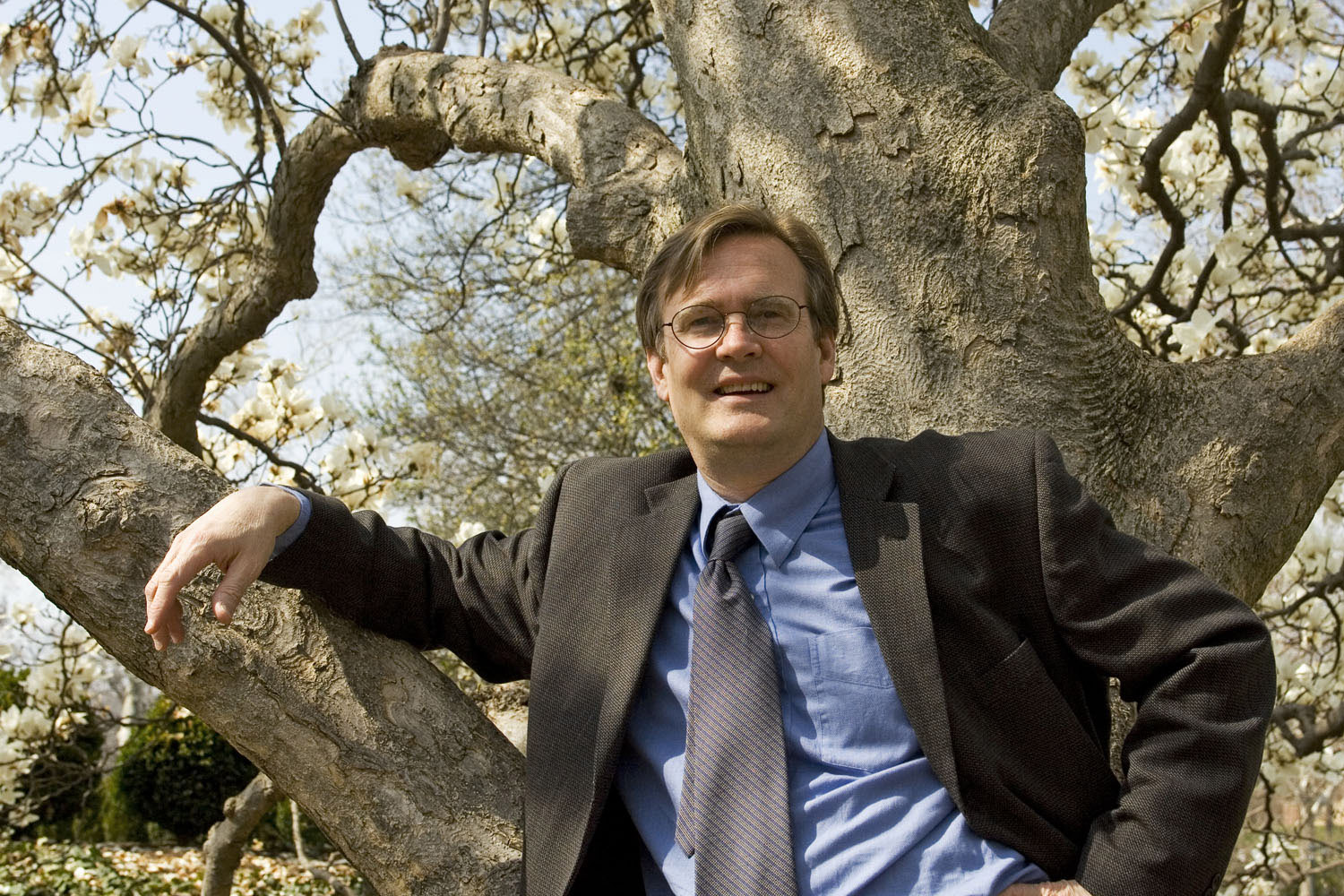The Biophilic Cities Project at the University of Virginia School of Architecture is a multiyear initiative engaging cities across the globe. From Oct. 17 to 20, it is hosting the launch of a “Biophilic Cities Peer Network” to advance the theory and practice of planning for cities that contain abundant nature.
Biophilic cities care about, seek to protect, restore and grow nature, and strive to foster deep connections and daily contact with the natural world, said Tim Beatley, Teresa Heinz Professor of Sustainable Communities, chair of the Department of Urban and Environmental Planning and a self-described “biophilic urbanist.”
“In 2012, we began in earnest our Biophilic Cities Project based in the U.Va. School of Architecture with significant funding from the Summit Foundation and the George Mitchell Foundation,” he said. “The project aims to better understand what biophilic cities are; what metrics we might use in defining and monitoring them; and what the current best practice is in supporting and expanding nature in U.S. cities and the world.”
The Peer Network launch will connect leaders working on initiatives that increase the abundance, quality and access to nature in their cities, creating a worldwide network for innovations and strategies.
Beatley noted that these efforts are not limited to increasing parks and green space in cities.
“It is not just the presence or absence of nature that defines a biophilic city; it is the ways and extent to which residents are directly engaged in nature and are knowledgeable and care about the nature around them,” he said. “And here, there is much innovation, from citizen science to school-based education, to programs that create opportunities for urbanites to participate in activities such as camping in city parks during the summer months.”
Peer Network Launch events will be free and open to the public, and will feature innovative planning and best practices from a host of international biophilic cities. Biophilic urbanists will be in attendance from San Francisco; Milwaukee; Portland, Ore.; Phoenix; Singapore; Vitoria-Gasteiz, Spain; and Wellington, New Zealand, among others.
The keynote speakers for the Peer Network Launch are scheduled to include Stephen R. Kellert, Tweedy/Ordway Professor Emeritus of Social Ecology at the Yale University School of Forestry and Environmental Studies and author of the recently published “Birthright: People and Nature in the Modern World”; and Jennifer Wolch, dean of the University of California, Berkeley’s College of Environmental Design and William W. Wurster Professor of City & Regional Planning.
The Peer Network Launch will feature symposium-style presentations and Q&A with partner city representatives, an interactive exhibition featuring biophilic cities around the world and networking opportunities.
Urban and environmental planners, designers, elected officials, students and others with an interest in planning and designing for nature in cities will gather to celebrate accomplishments, share best practices and explore future directions for biophilic cities.
Some lectures will be live-streamed online for free. To learn more, click here.
Media Contact
Article Information
October 10, 2013
/content/uva-architecture-professor-launches-international-biophilic-cities-peer-network

